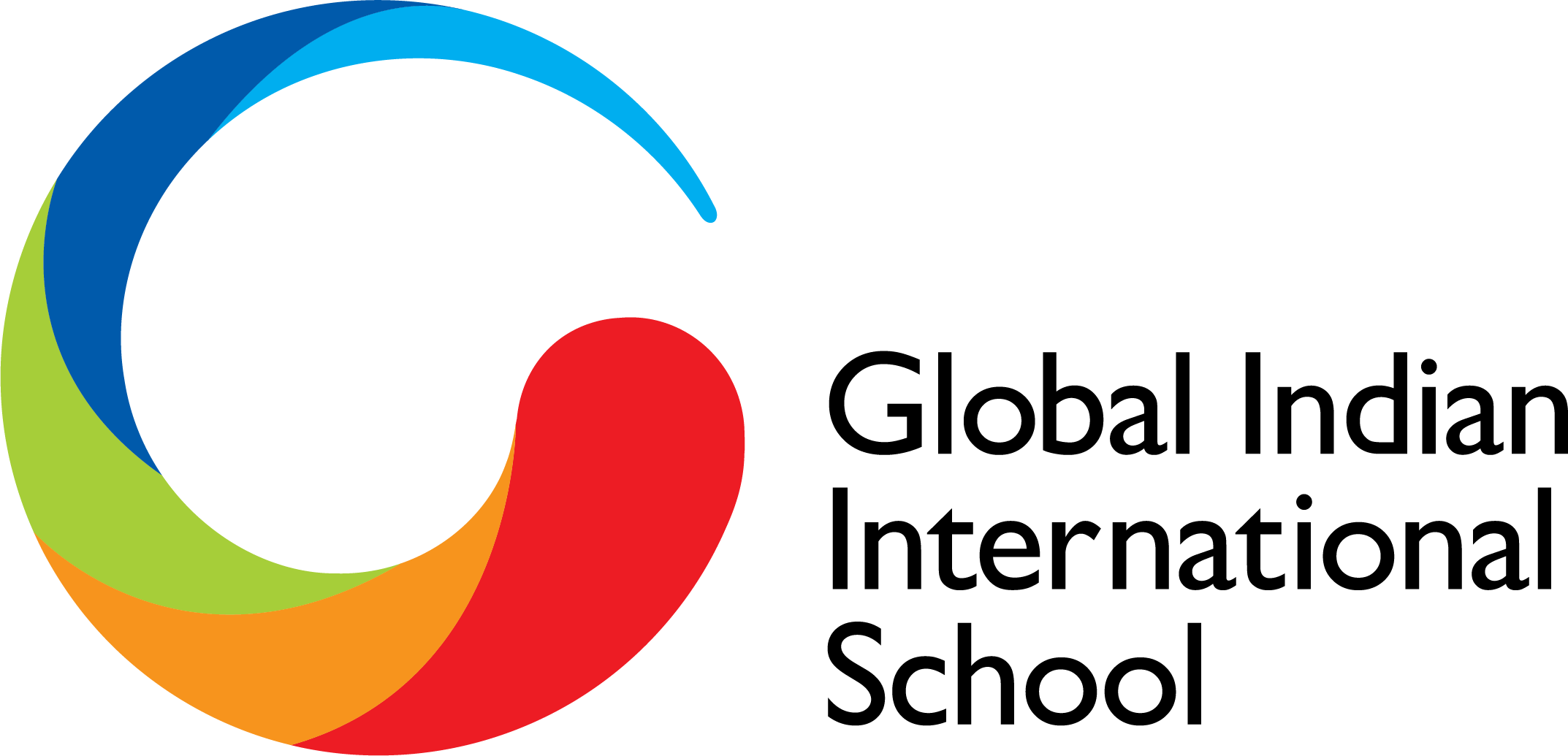Of the two subjects that make IB Diploma Programme stand out as a sought after curriculum is Theory of Knowledge (TOK). The subject, like Extended Essay, is mandatory for all students, and if executed well by them, can go a long way in giving students a strong chance of achieving a high score.
What is Theory of Knowledge or TOK?
TOK, as part of the IB curriculum, deals with how we know what we claim to know. It encourages critical thinking about knowledge itself among students and helps them make sense of what they encounter.
The three key tenets of TOK are
- Student engagement in the process of inquiry
- Deep understanding of knowledge by exchanging ideas with other and
- Reflection on the construction of meaning that we call Knowledge
Activities and discussions during a TOK class aim to help students discover and express their views on issues related to knowledge. It encourages students to share ideas with others and learn from what others think. In this process, their own thinking and their understanding of knowledge as a human construction are shaped, enriched and deepened.
How does the study of TOK help students?
Throughout the years of their formal schooling students are exposed to quite a large amount of knowledge and content in a variety of subjects that they study. But they seldom consider the validity of the knowledge that they obtain or the means through which they acquire that knowledge.
Theory of Knowledge compels the students to ask certain basic questions about knowledge -
- what counts as knowledge
- how does it grow
- what are its limits
- who owns knowledge
- what is the value of knowledge and
- what are the implications of having or not having that knowledge
Read the success story of IBDP at GIIS
What distinguishes TOK from the other subjects in the IB diploma?
The level of metacognitive generality on which the TOK works is what distinguishes it from other subjects in IB.
For instance, any other subject like science or literature develops a relevant subject awareness and skills in application to the subject matter. TOK is only focussed on the ways in which the knowledge is gained, the skills and their role in the methods of gaining knowledge, and the nature of the resulting knowledge.
What goals does TOK attempt to achieve?
The course is rooted in the students’ experience of knowing. It seeks to raise awareness that knowledge is alive with issues for exploration and built up by people asking questions and responding to them. The course also aims to encourage the students to thoughtfully critique the multiple perspectives that different groups have and that are embedded in their perception.
The main objective of TOK is to help students make connections between academic disciplines and between their thoughts, feelings and actions.
What is the role of a teacher in teaching Theory of Knowledge?
As a teacher, I help students to structure their enquiry that helps develop their skills of investigation and forming their knowledge and steer them towards a larger understanding about acquiring knowledge and also help in non-academic areas of life.
There is no concrete syllabus that Theory of Knowledge follows. Throughout the two years, the role of the teacher is to stimulate, facilitate and guide the students. The teacher has to gradually guide the students to gain familiarity with the TOK way of questioning and thinking, and effectively explore on their own.
Theory of Knowledge plays an important role in shaping the thought-process and decision-making capabilities of students and helps them in applying the knowledge with greater awareness and credibility. The subject substantiates the IB curriculum’s claim to make its students deep Thinkers and Knowledgeable.




